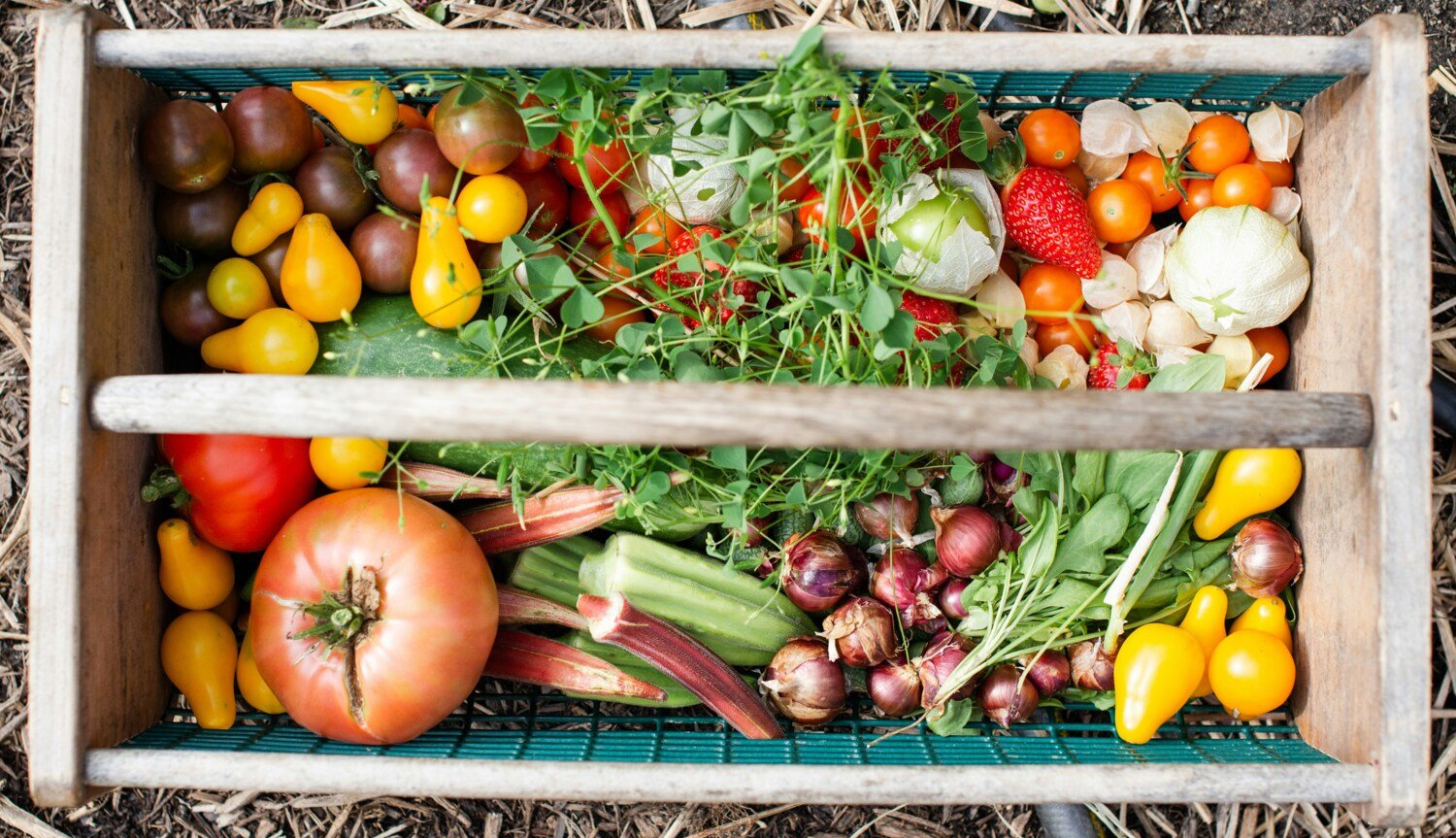Mission of Food as medicine in chronic kidney disease
Food as medicine is a research line launched in 2020 by Peter Stenvinkel and coordinated by Carla Avesani with an attempt to gather research and researchers mainly, but no exclusively, from Karolinska Institutet aiming to investigate the role of healthy eating patterns and of foods rich in bioactive compounds to avoid and treat metabolic disorders arising from obesity, hypertension, diabetes and chronic kidney disease.

Food as medicine in chronic kidney disease (CKD) ultimately aims to contribute for a better understanding how food and nutrients can improve health considering the 17 sustainable development goals (SDGs) proposed by WHO to transform our world.
We also aim to explore methods for screening, assessing and monitoring nutritional status, especially body composition in patients with chronic kidney disease.
Why Food as Medicine is an important concept?
The evidence pointing toward Healthy Eating to optimize human health are increasing every year. Moreover, Healthy Eating based on plant-based diets is an ecologic-friendly alternative to support environmental sustainability on the planet. Investments in this direction is aligned to scientific targets for planetary health.
As stated by the EAT-Lancet Commission “Food is the single strongest lever to optimize human health and environmental sustainability on Earth”.
In patients with chronic kidney disease, it is common to find metabolic disturbances as kidney function decreases. These include metabolic acidosis, anemia, bone-mineral-disorders, dysbiosis and low-grade inflammation. Adherence to healthy dietary pattern characterized by higher intake of plant-based food has been shown to decrease the risk of these metabolic disorder present in chronic kidney disease. Therefore, we this research line, we also aim to explore the use of food and nutrients as a form of treatment.
